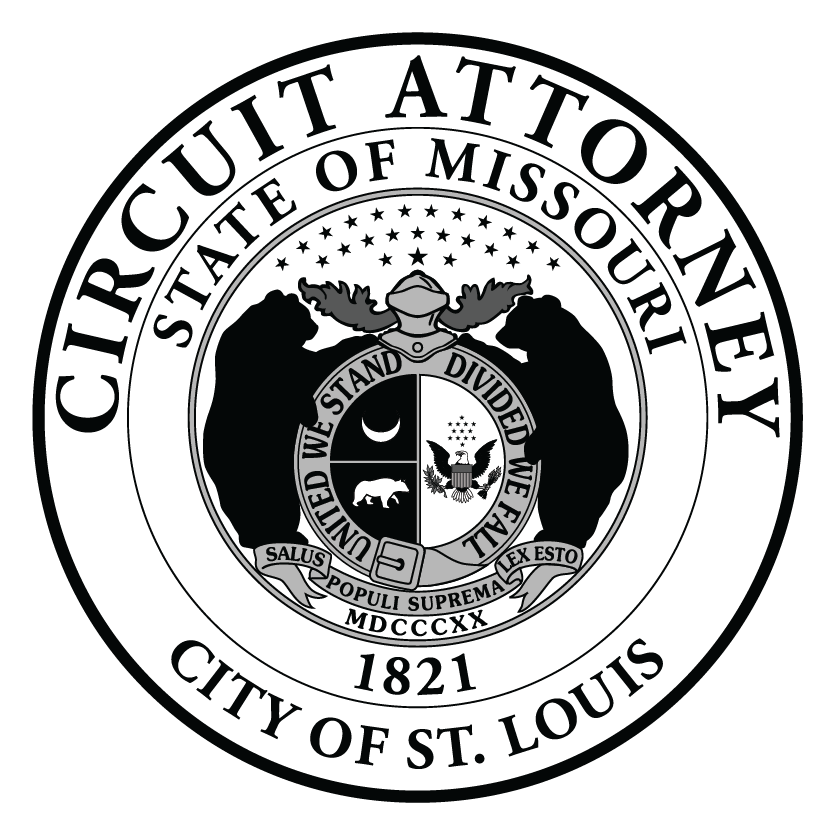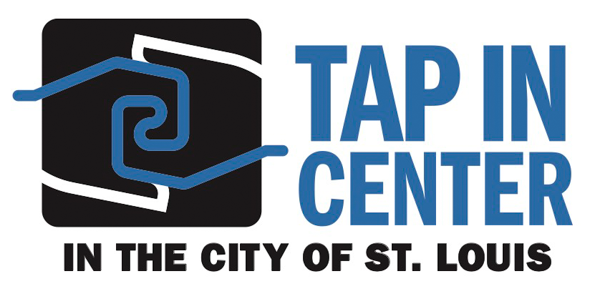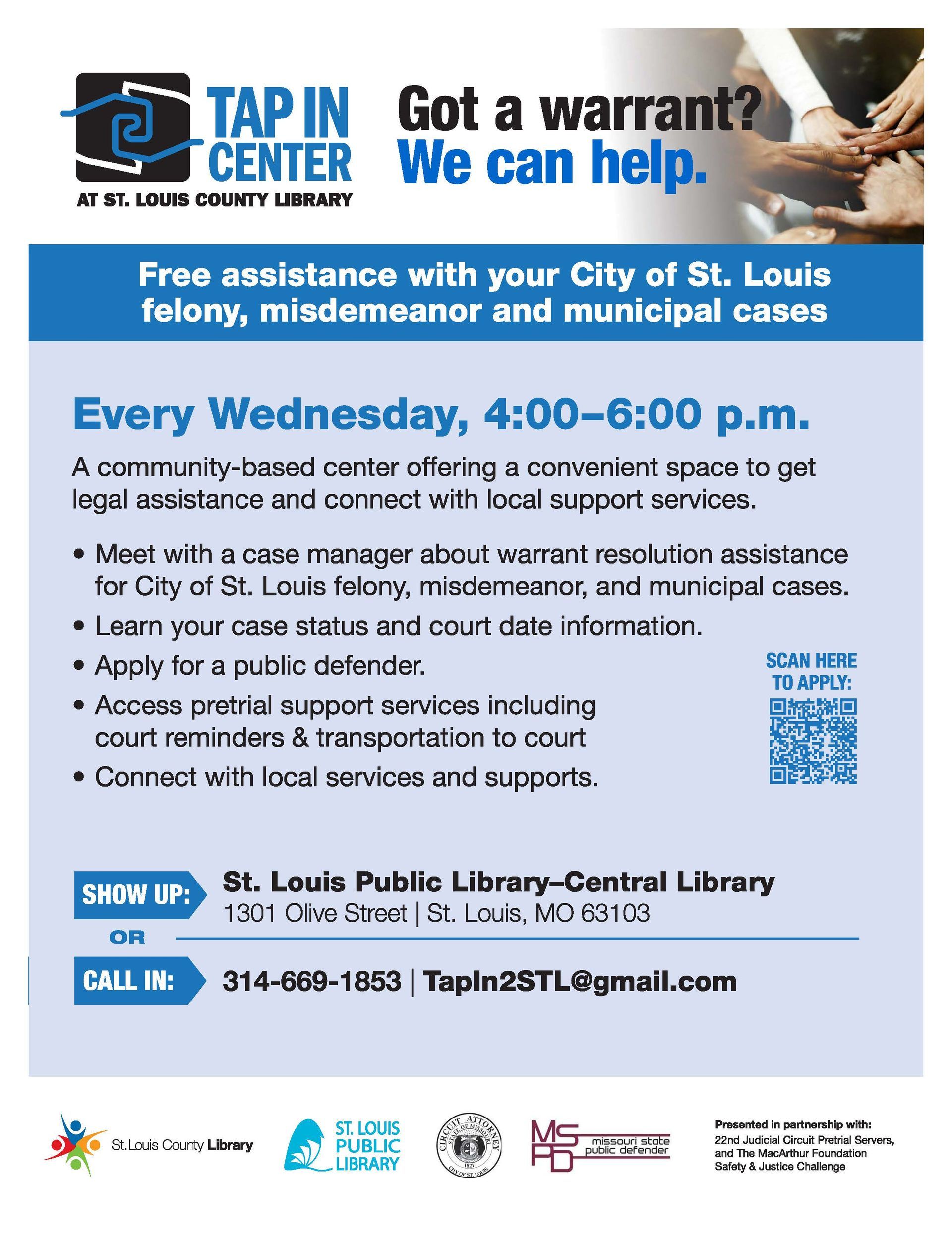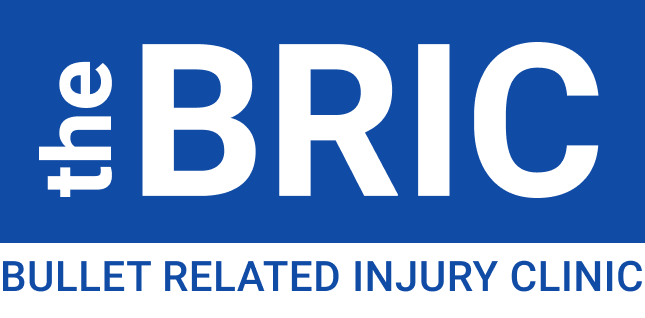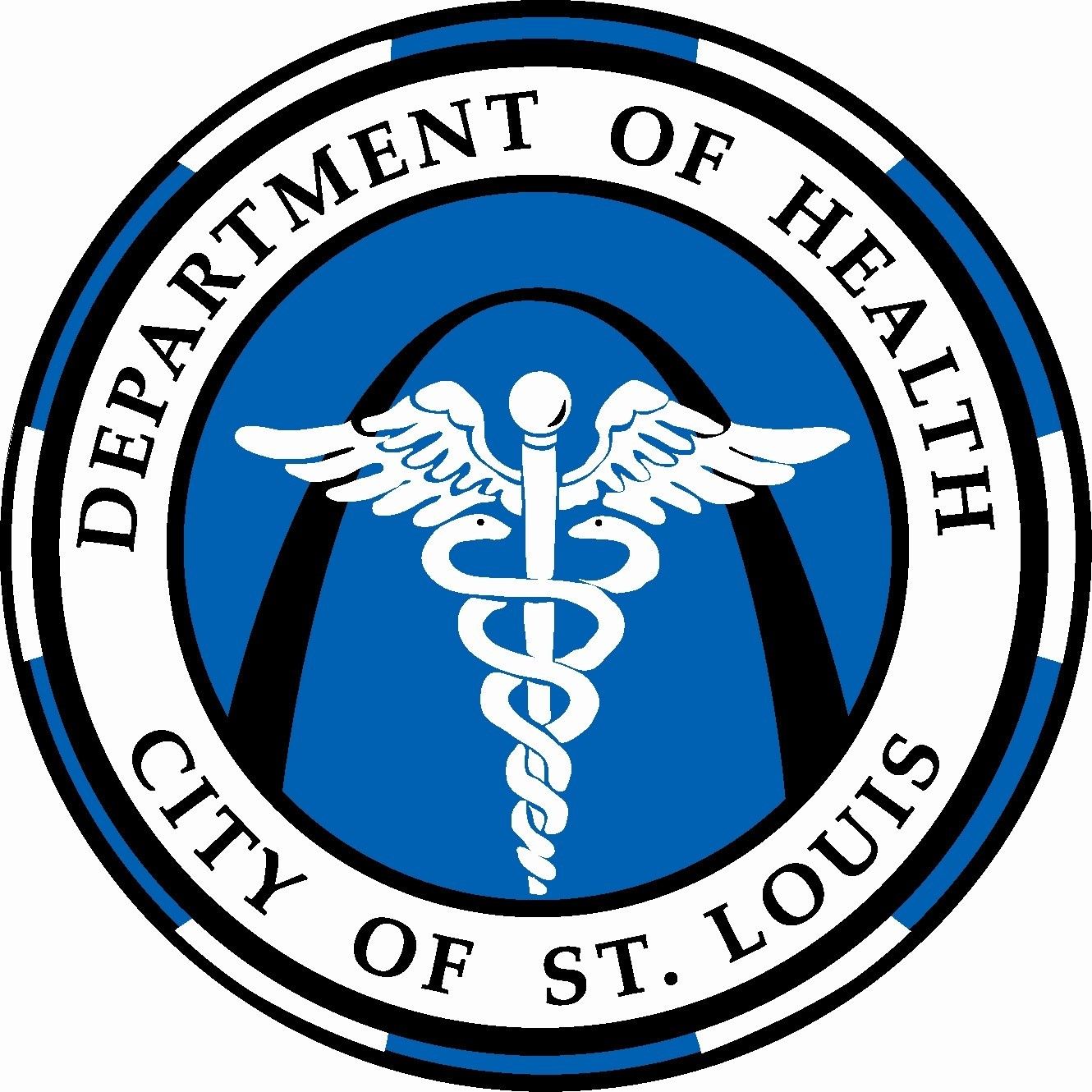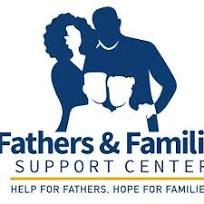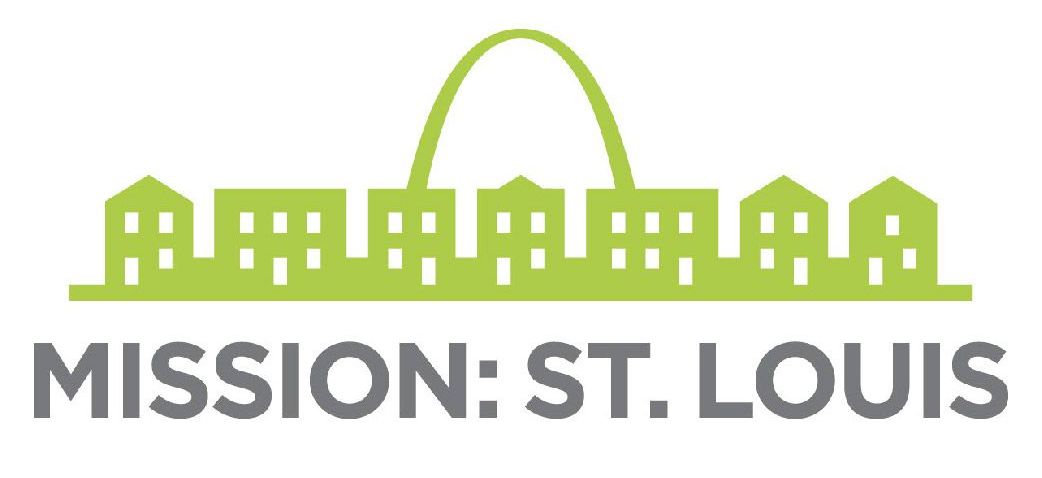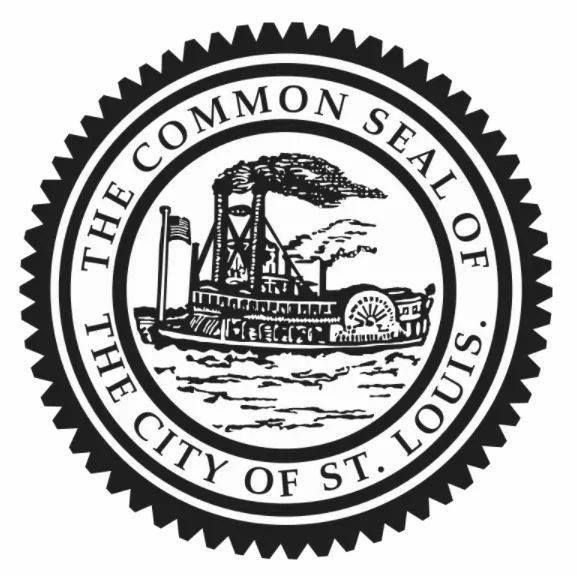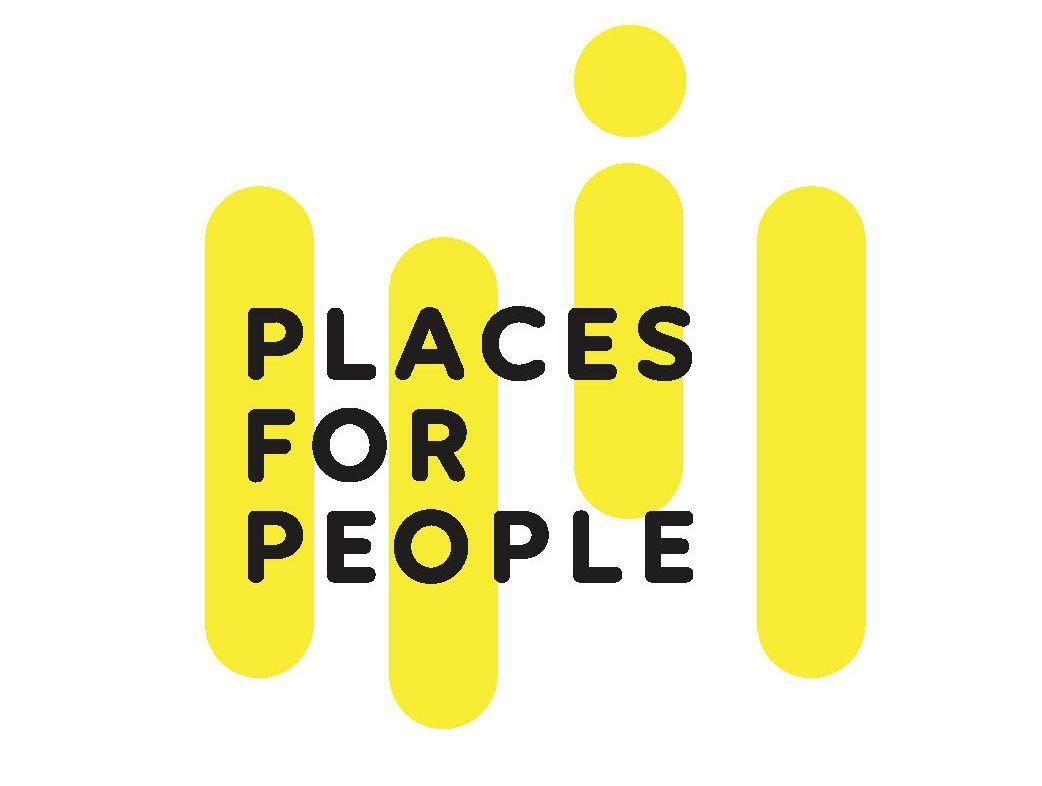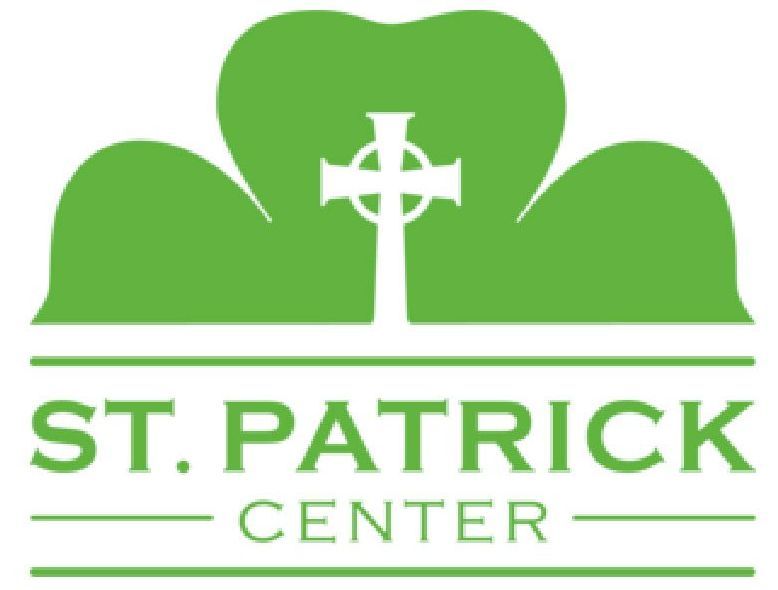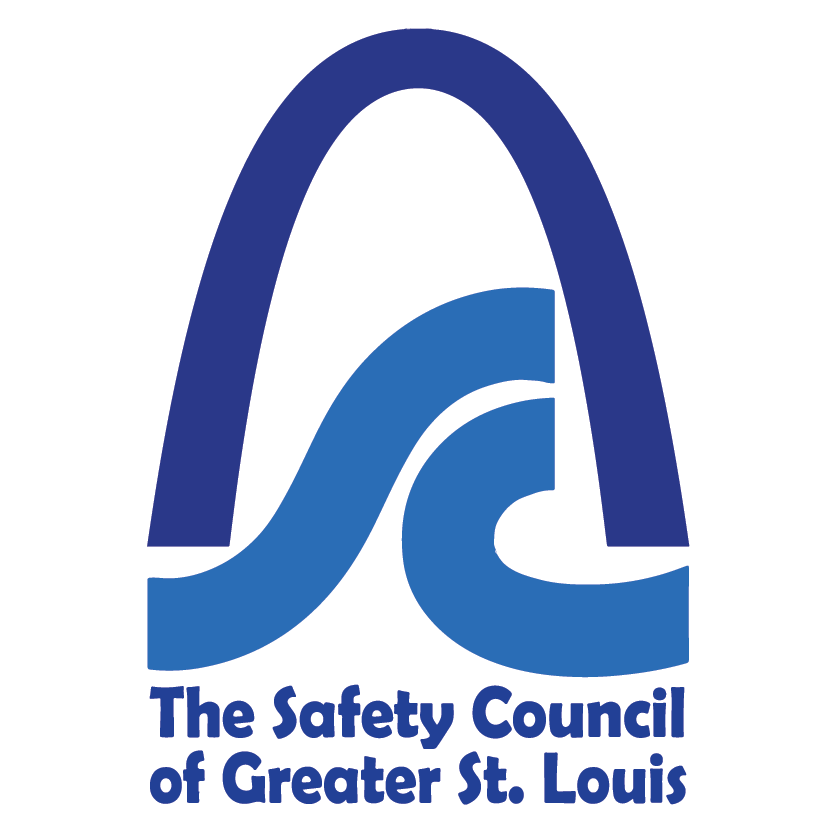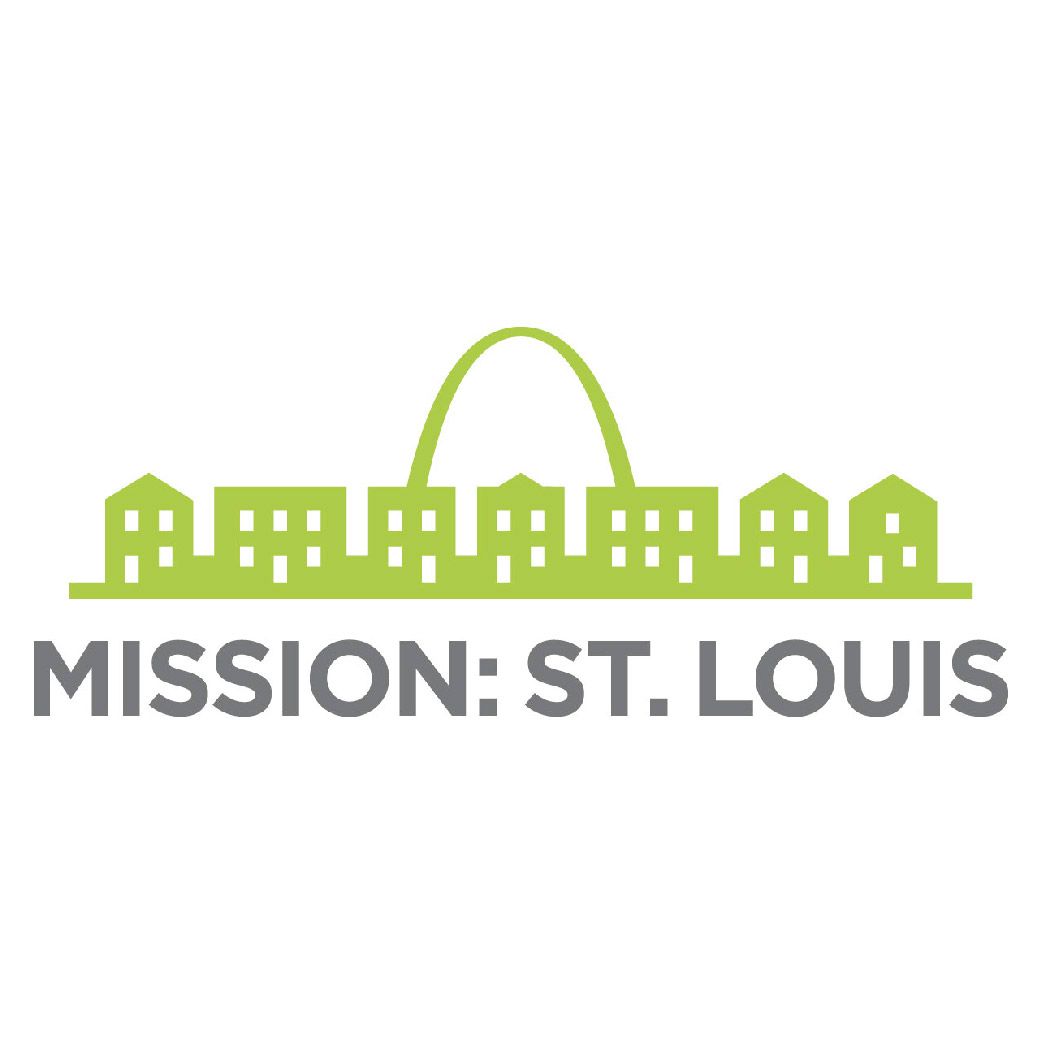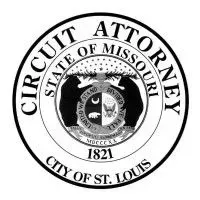Diversion Unit
Diversion Unit
Many individuals charged with non-violent crimes have the potential to make changes in their lives and exit the criminal justice system for good.
The Circuit Attorney’s Office (CAO) has created diversion programs designed to give qualified individuals the opportunity to avoid the consequences of traditional criminal prosecution including a trial, conviction, criminal record, and incarceration.
Diversion programs save taxpayers money by allowing CAO and the courts to focus limited resources on the prosecution of violent offenders.
What is Diversion?
Diversion is a way to handle non-violent felony cases outside of the traditional prosecution model that typically involves a trial. Instead of being assigned to a prosecutor, these cases are assigned to an appropriate program and given a case manager within the Diversion Unit to assess their needs and support and monitor their progress.
Case managers work with participants to develop an individualized support plan. That plan seeks to bolster and/or foster positive social support with family, friends, and the community, and access community resources for housing, mental health and crisis intervention, and support for career and educational goals.
The CAO offers diversion programs for:
- Young adults ages 18-25;
- Individuals with little or no criminal history;
- Individuals with a criminal history more than five years old;
- Individuals who deserve another chance; and
- Individuals who have never had the opportunity to participate in diversion.
Diversion programs last between six and 18 months. Upon successful completion of the diversion program, the individual’s case may be dismissed, allowing the participant to avoid a conviction. Alternately, the participant may be put on a one-day probation and immediately discharged allowing immediate resolution of the case.
Resources and Links
The Diversion Unit helps participants get assistance from a variety of resources including:
Betty Jean Kerr People's Health Centers
5701 Delmar Blvd., St. Louis, MO 63112
(314) 367-7848 | After Hours: (844) 841-3876
11642 West Florissant, Florissant, MO 63033
(314) 838-8220 | After Hours: (844) 841-3876
49 N. Florissant Rd., Ferguson, MO 63135-2331
(314) 633-8921 | After Hours: (844) 841-3876
- Comprehensive mental and physical health care for impoverished and uninsured patients
Bullet Related Injury Center (BRIC Center)
City of St. Louis Department of Health
Fathers & Families Support Center
Mission: St. Louis
3108 N. Grand Blvd., St. Louis, MO 63107
- Employment
- Education
- Legal Services Through SLU Law Clinic
Office of Violence Prevention
2125 Bissell Street , @ Urban League-WTC, St. Louis, Missouri 63107
Phone: 314-299-2203
Email: violence-prevention@stlouis-mo.gov
Places For People
1001 Lynch Street, St. Louis, MO 63118
Adult Behavioral Health: 314-615-9105 / Ext. 295
Youth & Family Services: 314-615-9105 / Ext. 292
Outpatient Therapy: 314-615-9105 / Ext. 402
Substance Use Concerns: 314-615-2119
Main Line: 314-535-5600
- Mental Health
- Substance Abuse
- HIV/AIDS Services
- Employment
- Parenting







